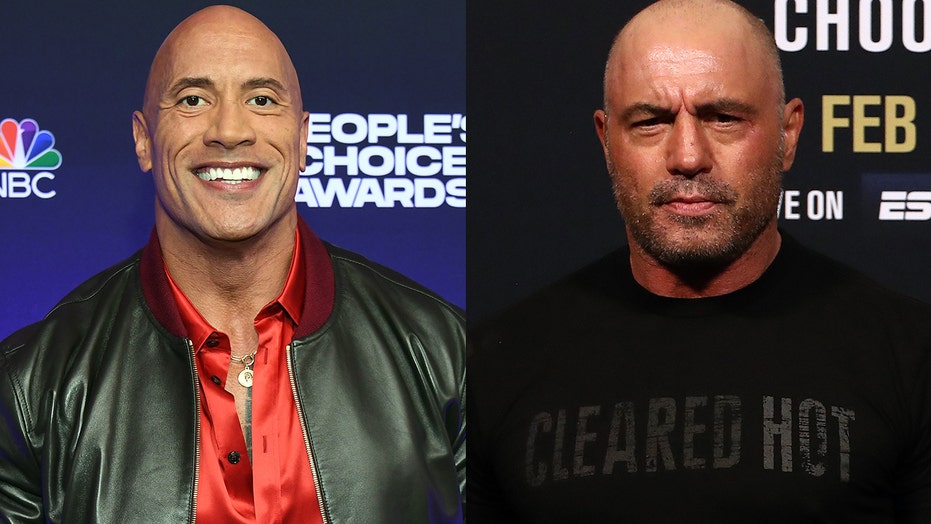
It makes sense if you interview someone with these credentials, to just believe him. After all, that interview came before Guzey’s post, which was the first public airing of the research misconduct in Why We Sleep. I don’t hold it against Rogan for having Walker on his show or even for believing everything that Walker told him. The previous time we heard about Rogan on this blog was because he’d uncritically interviewed Matthew Walker, the sleep researcher associated with Google and the University of California who’d repeatedly misrepresented data-as Alexey Guzey put it, “Matthew Walker’s ‘Why We Sleep’ Is Riddled with Scientific and Factual Errors.”

So, yeah, Rogan is often suspicious of the official narrative, which leads him to a bunch of ridiculous positions but can work for his listeners.īut here’s the funny thing. In any case, millions of Americans do believe these conspiracy theories- UFOs are another popular one, and in previous decades and centuries we had fun stuff like Noah’s ark, the Loch Ness monster, and the shroud of Turin-hey, Arthur Conan Doyle was fooled by obvious fake photos of garden fairies!-so it makes sense that some popular media figures will have such beliefs. I mean, no, not fine, actually this is ridiculous, but, sure, the guy’s a performer and this is his shtick. Rogan is open to conspiracy theories about the moon landing, World Trade Center attack, and the Kennedy assassination. Here I want to focus on something different, which is Joe Rogan’s credulity. The role of the news media and social media in spreading confusion, aided by maverick scientists with their own agendas, is a story for another day.

Then when people do get it, you get panic. That’s where the role of the media, including Rogan, is key, in spreading the attitude that covid is no big deal. No, the mystery is people turning down the vaccine, as that’s something that does work, both to reduce your own chance of getting serious covid and also your chance of spreading it to others. People want a treatment that works, and they’ll put their hopes where they can that’s not new. I guess the mysterious part is not that people are putting their faith in unproven cures that are disdained by the medical establishment. The above-linked article focuses on covid skepticism, with the statement: “The fact that the medical establishment is broadly united in its position that there’s no evidence ivermectin works to treat COVID is exactly why so many of the most gullible people in America believe it does work to treat COVID.” That particular claim by Peters doesn’t seem quite right, but I agree there’s something puzzling here.

Rogan has used his new institutional platform the same way he used his old one: to talk ad nauseam about comedy, drugs, mixed martial arts, conspiracies, suppressive elites, and the perils of wokeism. In May 2020, the streaming service Spotify acquired The Joe Rogan Experience and licensed its archives for a sum reportedly in excess of $100 million. Rogan, whom I assessed for Slate in 2019, is one of the world’s most popular, most prominent, and certainly one of its best compensated podcast hosts. In recent months, he has used his wildly popular interview show, The Joe Rogan Experience, to surface illiterate observations on how otherwise healthy young people might not need to take the COVID-19 vaccines, and how vaccine passports and mandates might be bringing the United States “closer to dictatorship.”.

Joe Rogan has made a very lucrative career in comedy and podcasting out of surfacing irrational cultural suspicions: that the moon landings might not have been real, that the World Trade Center’s Building 7 might have been downed by a controlled demolition, that woke liberals in the media and the tech industry might be conspiring to stifle the speech of the worst-faith pundits of our time.


 0 kommentar(er)
0 kommentar(er)
